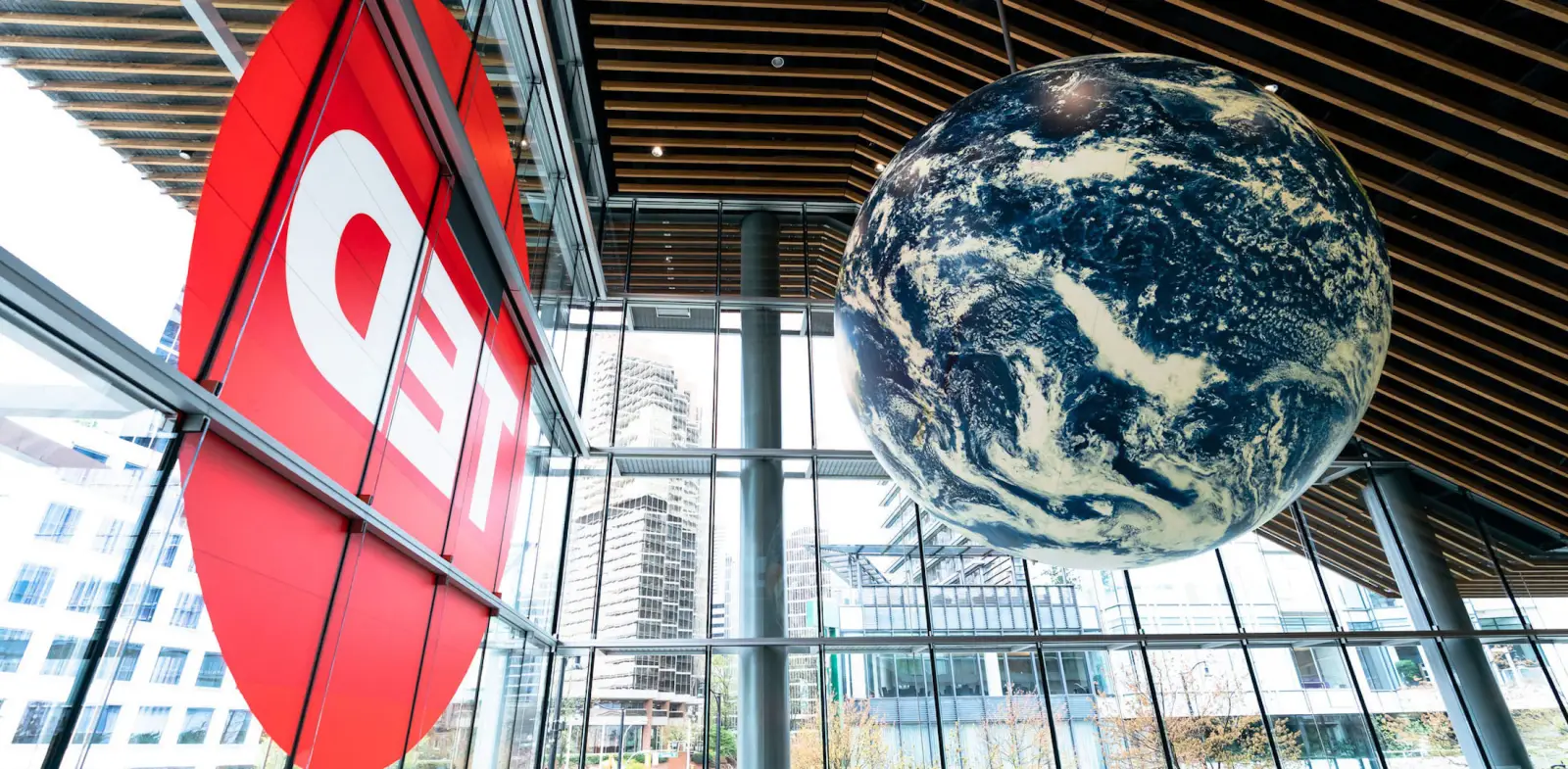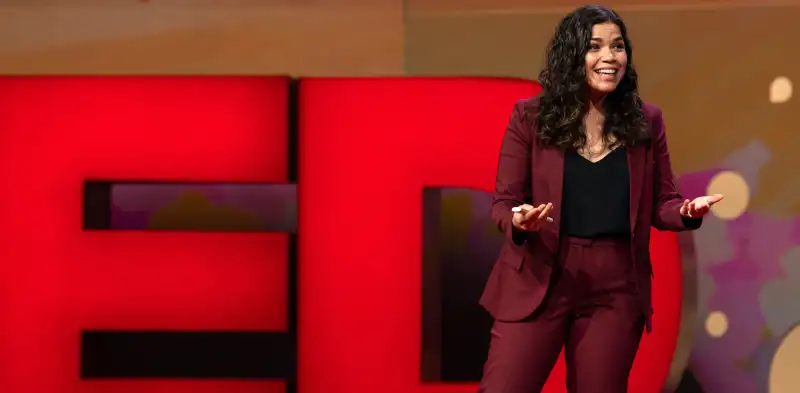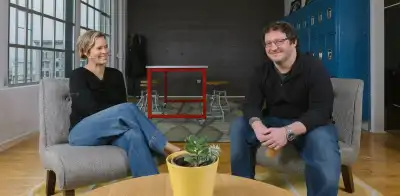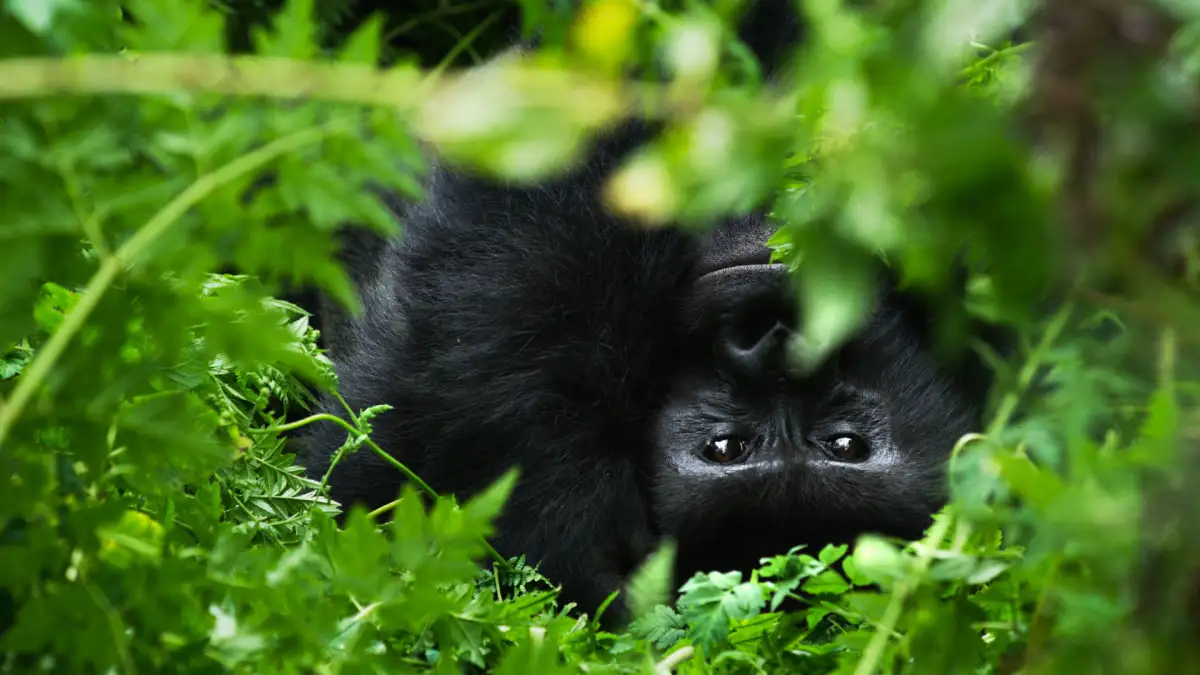Summary
TED was a fast-growing organization with a clearly defined mission—what more could it need? Turns out, with 250 people distributed across seven time zones, it could use a common process for setting and achieving world-changing goals.
Sometimes, when you’re introducing a new management idea, the organization receiving it may treat you like you’re from another planet, especially if the company already has a strong sense of its mission.
That was the challenge faced by Rose Kuo, which is why she embraced a classic story about an interplanetary traveler, The Little Prince, as a way of introducing OKRs to TED, the nonprofit organization which produces the famous TED Talks and has a mission of propagating world-changing ideas.
Kuo had learned about Objectives and Key Results (OKRs) in the start-up world as a way of aligning a group of entrepreneurs around a common goal. After joining TED in 2016 as a project manager and becoming an integral part of the tech team, she observed that the organization was growing quickly but had no common process for setting or following company-wide Objectives.
“We had grown to 250 people distributed across seven time zones,” Kuo says, “and so we required a tight way of communicating.” Chris Anderson, head TEDster, had first heard about OKRs via John Doerr, and he empowered Kuo “to build a foundation for creating collaborative milestones,” as she puts it.
One immediate challenge was “how to make the term accessible,” as OKRs were perceived as “corporate” and thus might not fit in with the freethinking ethos of TED. “We needed to TED-ify it,” Kuo says, to make it undeniably inspirational. Anderson suggested “OMGs,” for Objectives and Measurable Goals, which seemed both more audacious and more fun. Kuo then defined the format of an OMG as: “I will [state Objective], as measured by [specify measurable goal].”
Still, Kuo needed a powerful way to make the concept memorable and to make it stick across the organization.
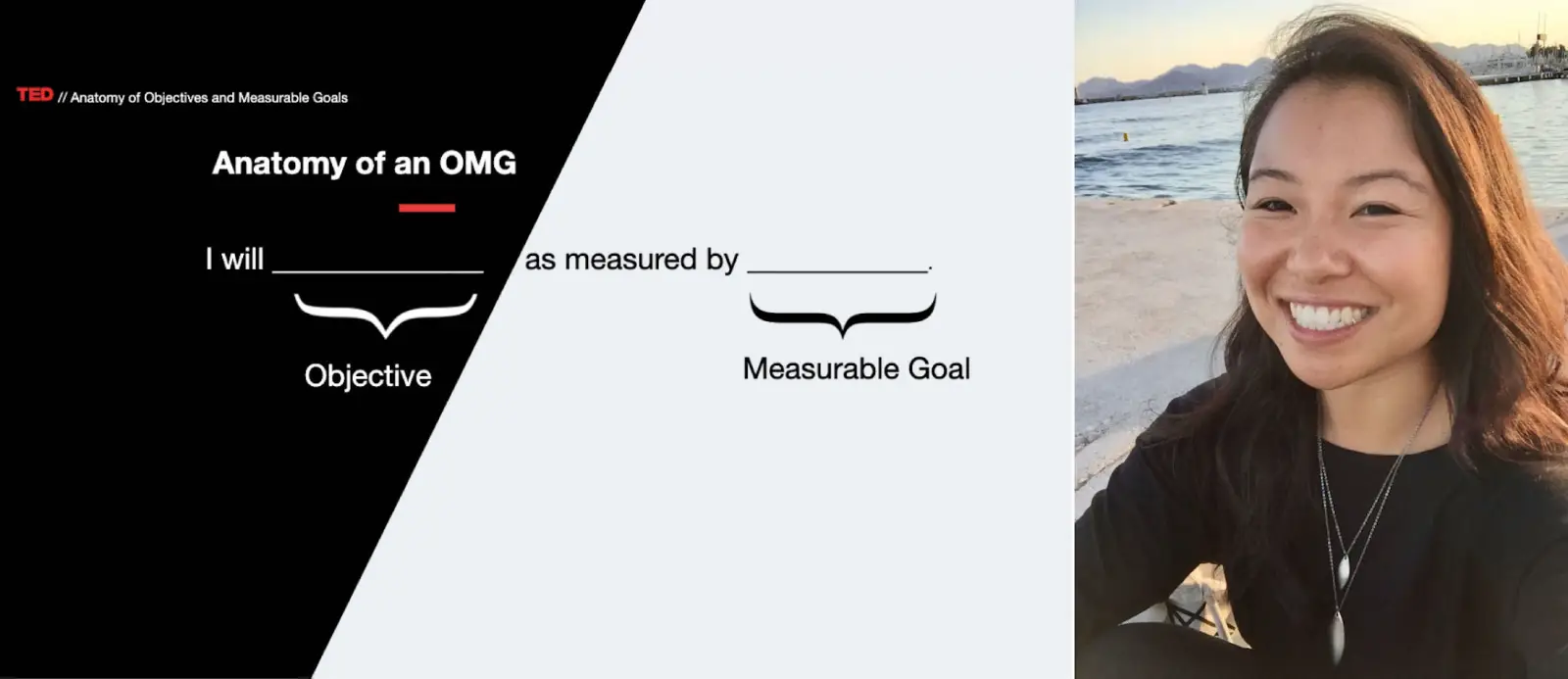
Bringing in The Little Prince
She hit on the idea of calling upon The Little Prince for an all-hands introductory session. The 1943 French novella has been published in 300 languages and dialects, making it the most translated non-religious book of all time. The allegorical story follows a young prince from another planet as he travels the universe in search of insights about adult behavior from the point of view of a curious child.
At her December 2018 address, Kuo kicked off her presentation with the iconic image of the little prince looking out at the stars from his home planet, which she felt evoked a sense of wonder and curiosity — the core values of TED.
Kuo told the audience how she felt that the little prince shared her own “dream of a common language,” which is also the title of one of her favorite books of poetry. To bring that dream to life, she explained how the narrator in The Little Prince tests people by showing them his masterpiece drawing of an elephant that has been swallowed by a boa constrictor that forms the shape of a hat. Grown-ups tend to see the hat, while children see the animals — the hidden magic. The little prince impresses the narrator by also seeing the elephant and the snake.
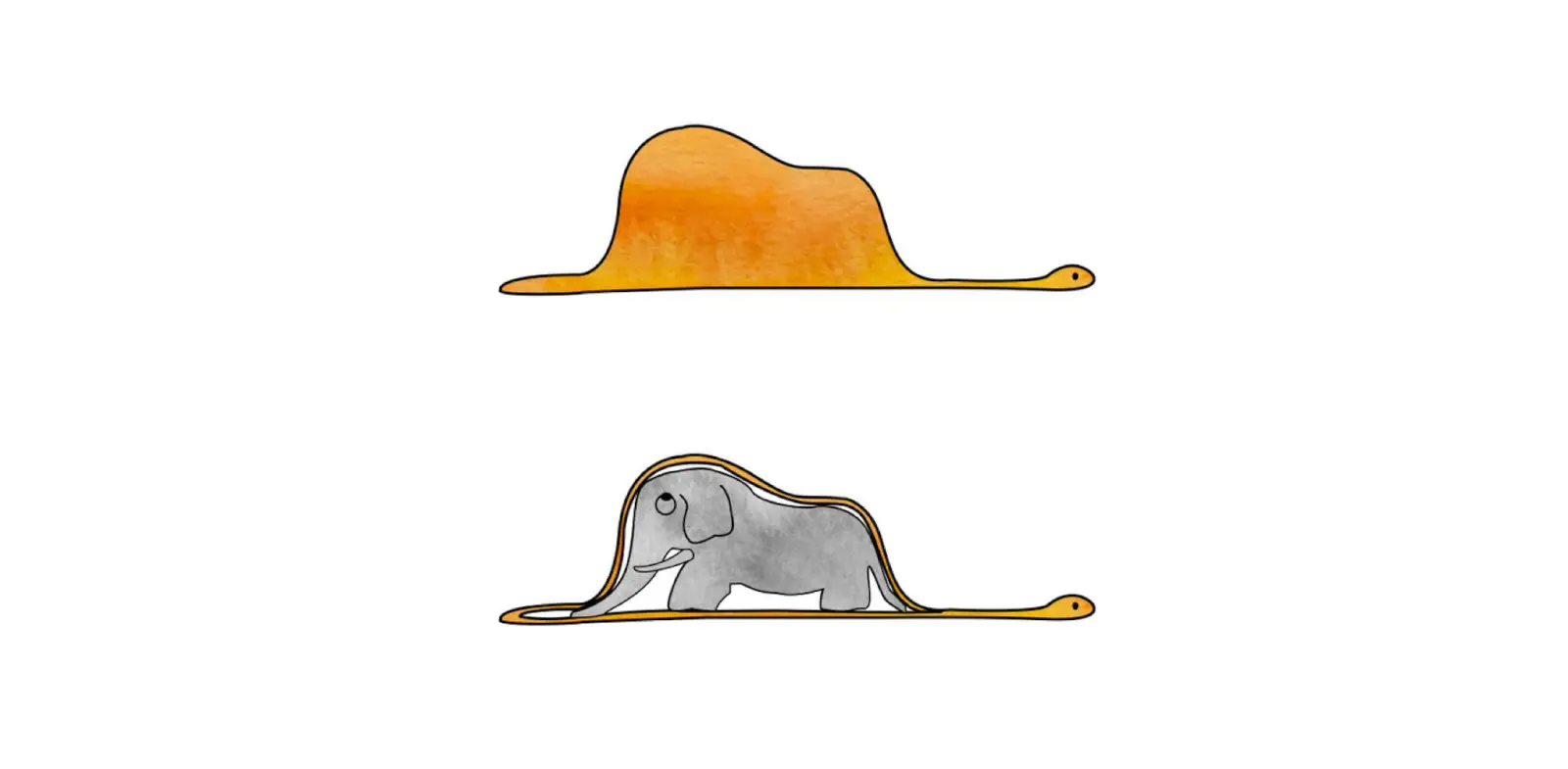
Kuo continued to bring in images and pieces of the story to underscore the point that the OMG method isn’t just a management consulting tool, but rather a way of inspiring people with goals that could help retain that childlike sense of how we see the world.
The idea behind OMGs, she said, was not about setting metrics and slavishly adhering to them. As the originator of OKRs, Andy Grove had a rule of thumb: You’re a success if you fail to reach your goals at least 30 percent of the time. To fall short of an Objective is fine as long as the goal is bold. “It’s not about hitting numbers, but about dreaming big,” Kuo said.
Nearly a year later, in October 2019, after OMGs were in practice throughout the organization, Kuo was inspired to write a company-wide “Dear TED” letter. In it, she thanked everyone for engaging in conversations about the best way to measure impact. And again, she evoked the curiosity and wonder of The Little Prince.
“In our current society,” Kuo wrote, “we have become accustomed to instant results by just adding water. But here at TED, I hope that we’re here for the long haul. We want that slow-cooked deliciousness. We’re here for the vast universe, for the discoveries we will continue to make at the helms of boats while looking up at the stars.”
Not just changing the world, but saving it
OMGs might be helping to create a bigger impact that even Kuo could have ever envisioned.
Chris Anderson not only took the idea of setting bold goals seriously, but he used OMGs to help forge “the next version of TED.” Ever since TED Talks started going viral back in 2006, a common criticism was that while they were a great way to inspire millions of people, they fell short when it came to translating ideas into action.
Using OMGs as a tool, the TED community came together on a consensus that nothing is more urgent than taking on the climate crisis. As an organization, TED’s top-level Objective became going all-in on identifying and helping to scale climate solutions in order to go from 55 gigatons of annual global carbon dioxide emissions down to net zero.
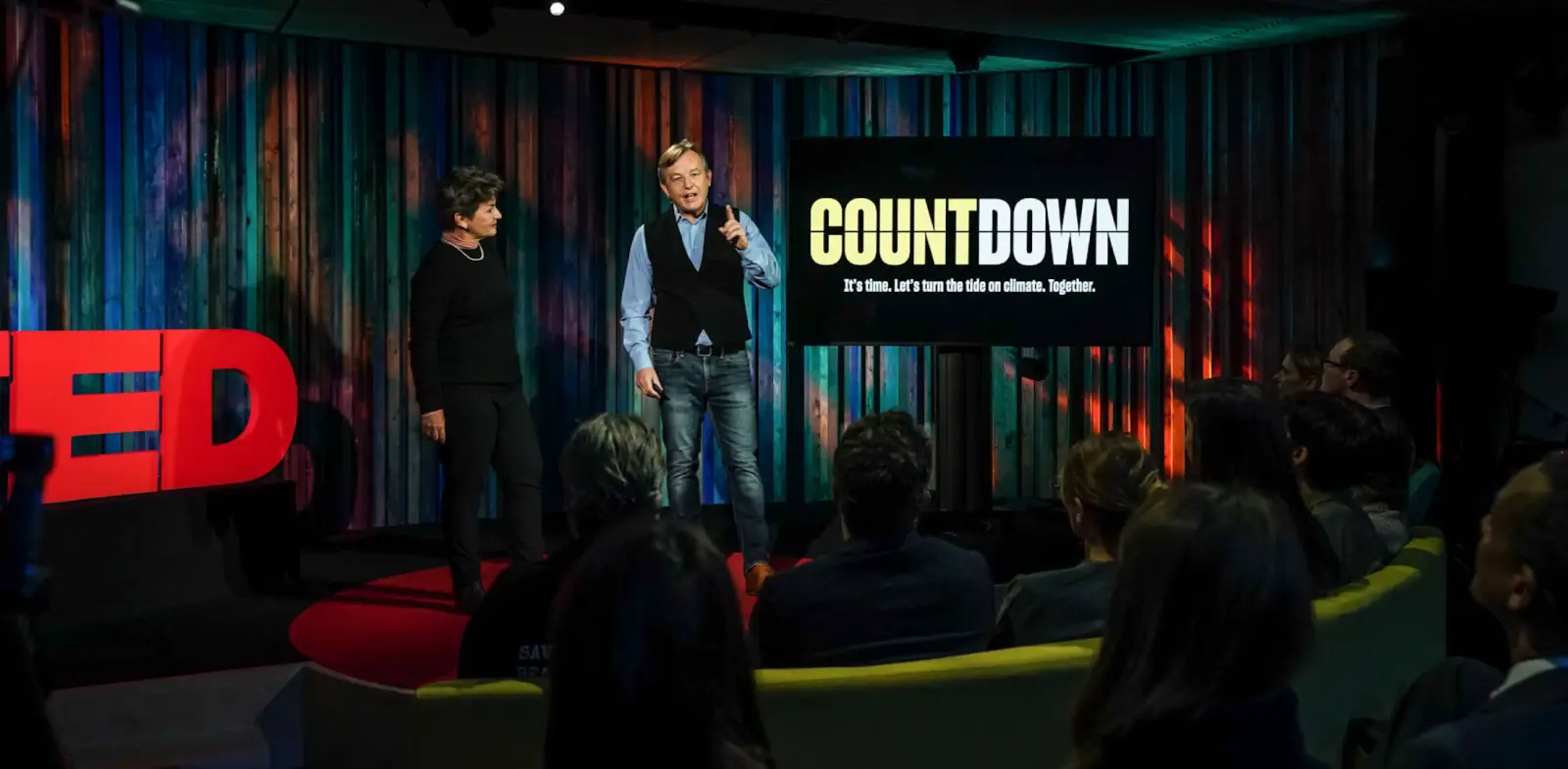
On December 4, Chris Anderson held a media event in New York, announcing a new partnership called Countdown. He stood alongside Christiana Figueres, who led the United Nations Framework Convention on Climate Change during the adoption of the Paris climate agreement in 2015, and was also joined by former Vice President Al Gore, via live stream, and by Jimmy Kimmel, via video, to announce a call for proposals.
“The Earth needs us,” Anderson said. “Anyone, anywhere can propose an idea. YouTube and other channels will help spread the word, and the best proposals could be put into motion with the help of businesses, policymakers, and celebrities supporting the initiative.”
The most powerful solutions were presented at a conference in Norway in October 2020, one month before the U.S. presidential election. According to a TED press release: “Countdown will work with a panel of experts and scientists to vet proposals, and the strongest will be turned into TED Talks. The talks will be filmed at the [2020] summit in Norway, in front of a hand-picked audience capable of turning those ideas into action.”
So what began as a way to change TED actually has led to an effort to help save the planet. The little prince would be proud. “The story was a way to inspire people, and to make them feel that OMGs can be very TED-like,” Kuo says. “Stories can be uniquely powerful that way.”
